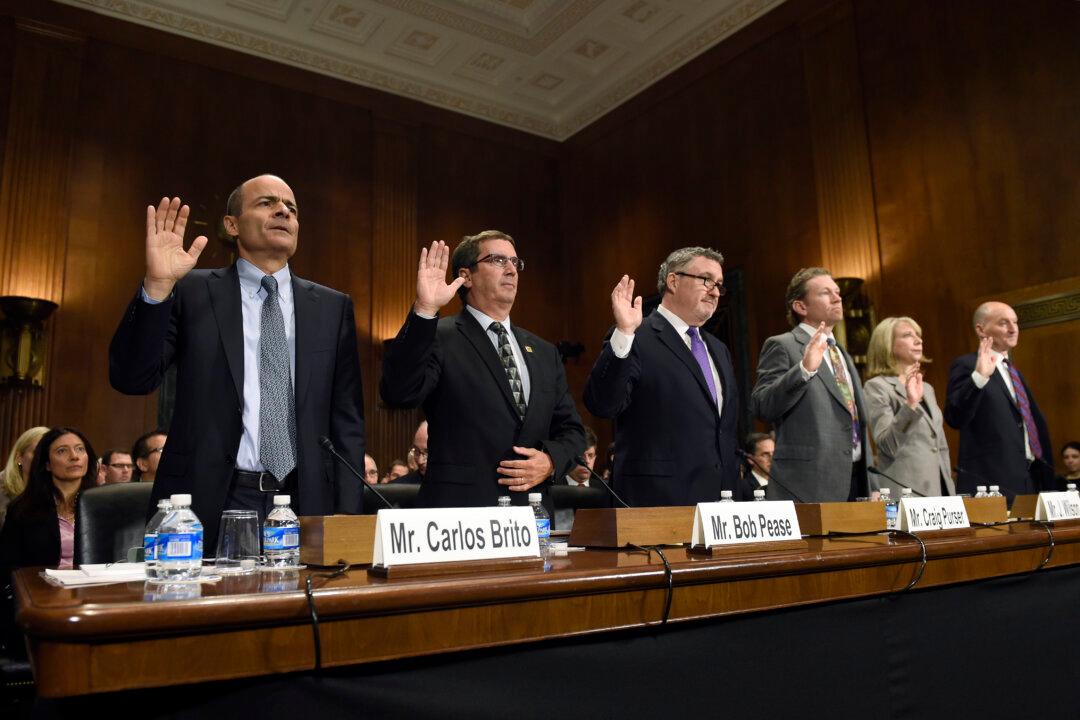WASHINGTON—Castle Danger Brewery in Two Harbors, Minnesota, has been brewing what it calls “dangerously good ales” on the north shore of Lake Superior since 2011. The company outgrew its original home in tiny Castle Danger and now distributes beer to bars and restaurants throughout northern and central Minnesota.
Sen. Amy Klobuchar (D-Minn.) hails the brewery as an example of the growing craft-beer industry in her state and says she fears that a deal to merge the world’s biggest beer companies into a megabrewer could make it harder for Castle Danger and other small brewers to sell their brands.
Klobuchar and other lawmakers from both parties raised questions at a Senate hearing Tuesday on the proposed $107 billion takeover by the world’s largest brewer, Anheuser Busch InBev, of rival SABMiller. The combined company would control nearly a third of the global beer market.
“Wholesalers make decisions everyday on what brands to put on their trucks,” Klobuchar said. “By working to ensure those decisions are driven by consumer demand and not producer power, we can help competition in the beer industry remain on tap.”
Sen. Chris Coons (D-Del.) said he worried the merger could harm Delaware-based brewers such as Dogfish Head and 16 Mile.
“Nobody wants to take a seat at a bar and find out that their only options are Bud and Miller,” Coons said. “I’m deeply concerned this merger will squeeze out the small and independent craft brewers in Delaware and across the country at the cost of innovation, consumer choice and jobs.”





